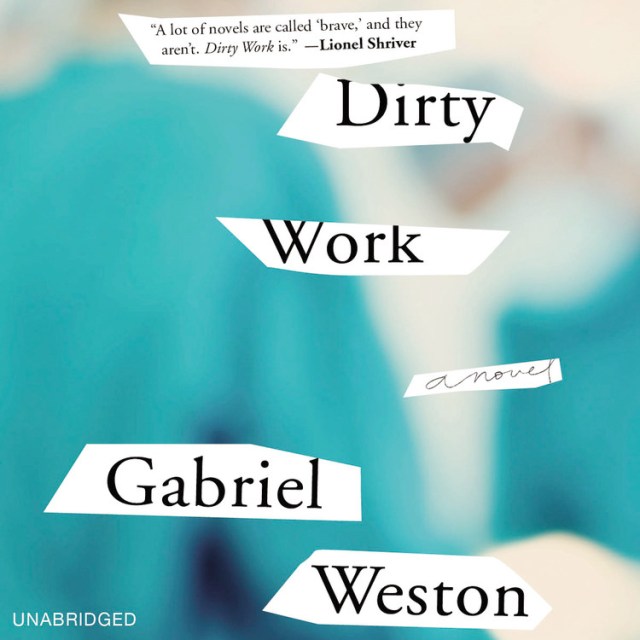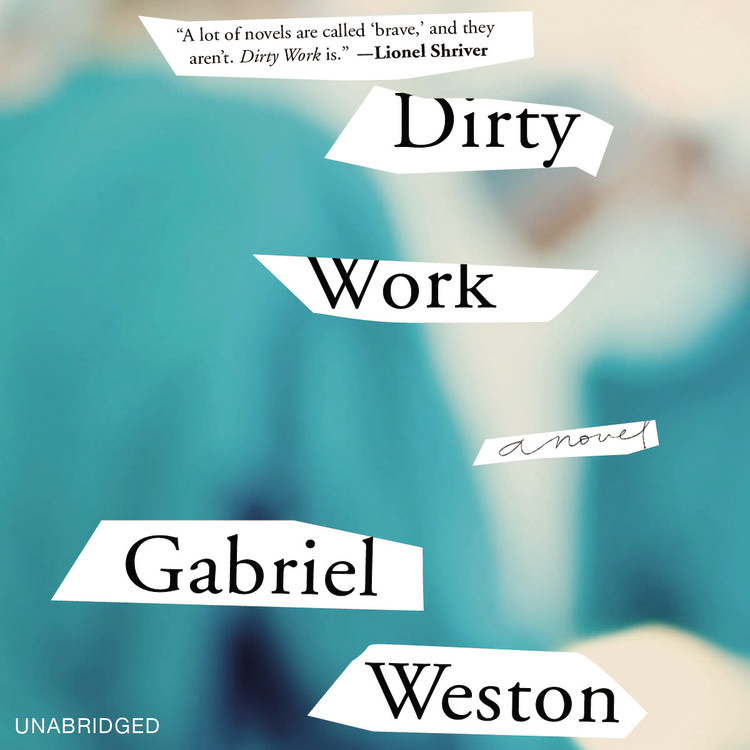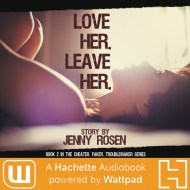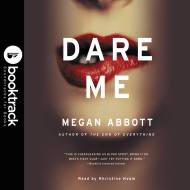By clicking “Accept,” you agree to the use of cookies and similar technologies on your device as set forth in our Cookie Policy and our Privacy Policy. Please note that certain cookies are essential for this website to function properly and do not require user consent to be deployed.
Dirty Work
A Novel
Contributors
Read by Carolyn Cook
Formats and Prices
- On Sale
- Aug 12, 2014
- Publisher
- Hachette Audio
- ISBN-13
- 9781478925149
Format
Format:
Audiobook Download (Unabridged)This item is a preorder. Your payment method will be charged immediately, and the product is expected to ship on or around August 12, 2014. This date is subject to change due to shipping delays beyond our control.
Buy from Other Retailers:
Nancy Mullion, an obstetrician-gynecologist whose botched surgery has put a patient in a life-threatening coma, must face a medical tribunal to determine if she can continue to practice medicine. Nancy’s fears about both her patient’s chances for survival and whether she will be “undoctored” are made palpable to the reader. Throughout four weeks of intense questioning and accusations, this physician directly confronts for the first time her work as an abortion provider — how it helps the lives of others but takes a heavy toll on her own.
Interweaving memories of Nancy’s English and American childhood and adolescence, Dirty Work creates an emotionally charged portrait of one woman’s life; the telling of seemingly untellable stories sets her free, as it can all women. Gabriel Weston has given us a truly original, courageous, and meaningful novel.
Genre:
-
Praise for Dirty Work:
"A lot of books are called 'brave,' and they aren't. Dirty Work is."--Lionel Shriver, author of We Need to Talk About Kevin -
"Weston has an unwavering passion for the truth as well as the courage to tell it."--The Telegraph (UK)
-
"Perfectly measured doses of compassion, respect for human dignity and straight-talking attention to detail....A gripping read."--Observer (UK)
-
"Making Nancy self-aware allows Weston to explore a doctor's feelings in a way that is nuanced and affecting."--Times (UK)
-
"In Dirty Work, the weave of past and present, strength of characterization and storytelling, captured my attention and masterfully pulled me through the ethical challenges at the heart of the book. I learned so much about abortion generally, about my own feelings on the subject, and about the complexities of medicine-particularly in those areas where doing the right thing is unimaginably hard."Louise Aronson, author of A History of the Present Illness and associate professor of medicine at the University of California, San Francisco
Newsletter Signup
By clicking ‘Sign Up,’ I acknowledge that I have read and agree to Hachette Book Group’s Privacy Policy and Terms of Use






